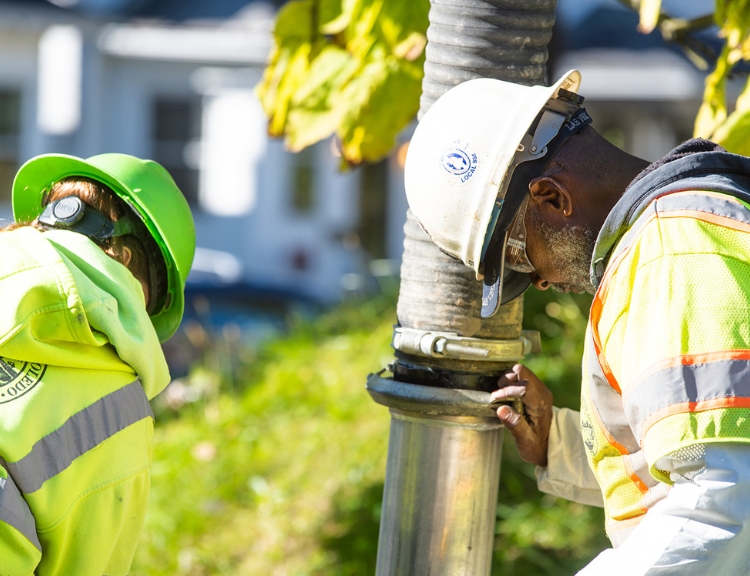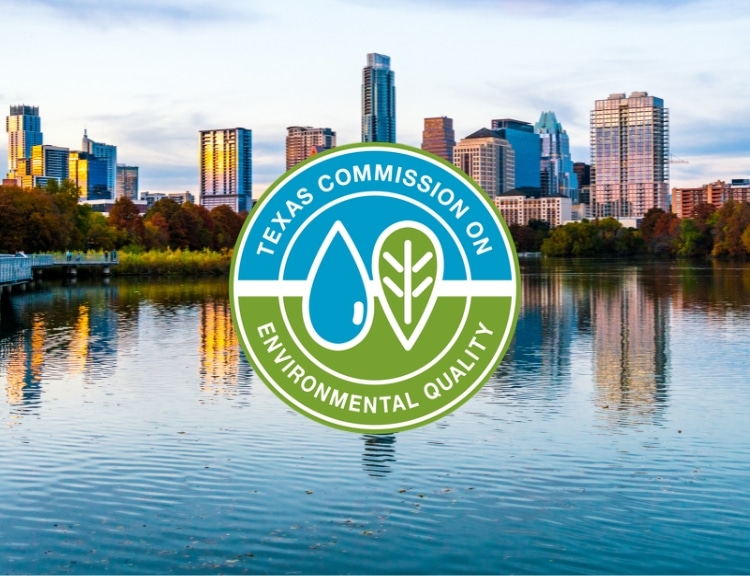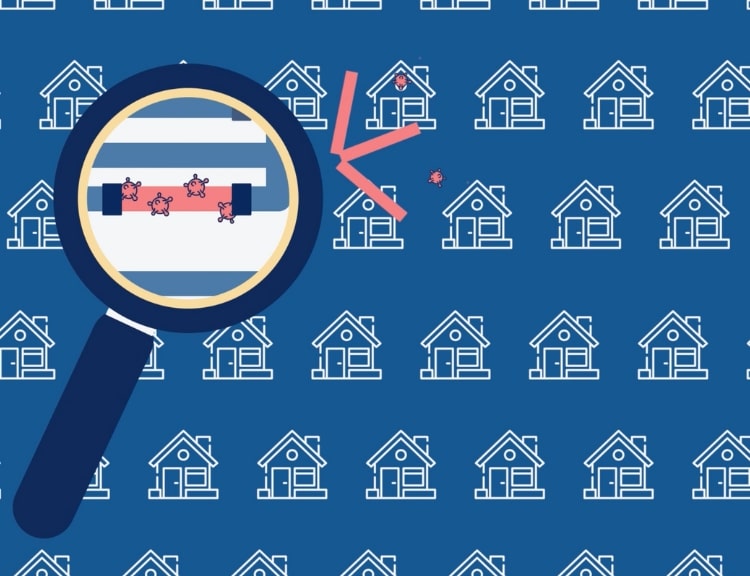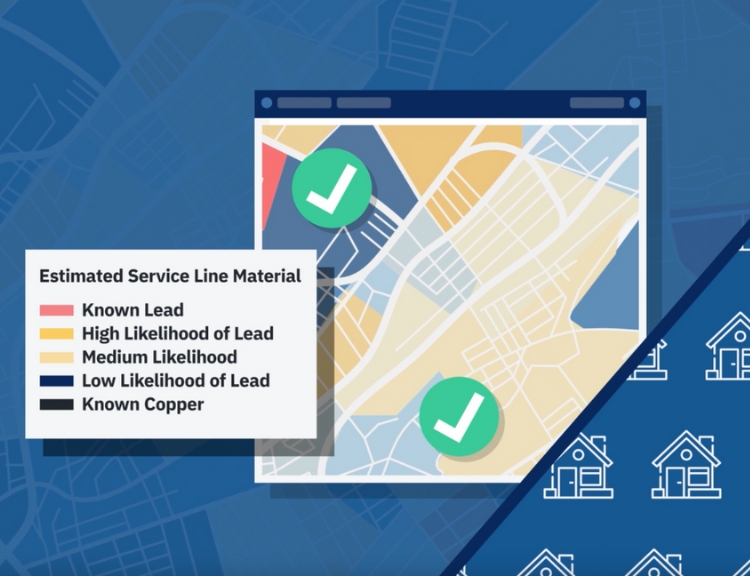BlueConduit co-founder and U-M professor Eric Schwartz appeared on NPR’s Science Friday to discuss how his team works with cities to locate lead pipes.
In the conversation Schwartz talked to NPR’s Ira Flatow and Freshwater Future’s Alexis Smith about the use of predictive models to locate lead service lines and the importance of community participation in service line replacement projects.
IRA FLATOW: Eric, how important from the science side is community participation? Why can’t you just roll into town, hand over a list of likely lead pipes, and be done with it?
ERIC SCHWARTZ: One way that combining the data science and machine learning and statistics with community perspective is we want to make sure that we are addressing priorities. So what Alexis was just talking about, and something that we’ve talked to Freshwater Future and Toledo about, is not just providing a list where they should go to dig and replace the pipes, but also, based on the predicted likelihood of lead service lines, where should they really concentrate certain kinds of public communication efforts, and really just the efficiency– to make sure. These are going to be really limited funds.
Everyone wants to get their lead pipes replaced. They also want to know if they even have lead Pipes but the next month, the next three months, the next year, not everyone is going to be able to get all of that taken care of in every city. And so the question is, how do you do this and allocate resources equitably, not in a very top-down, algorithmic way?





